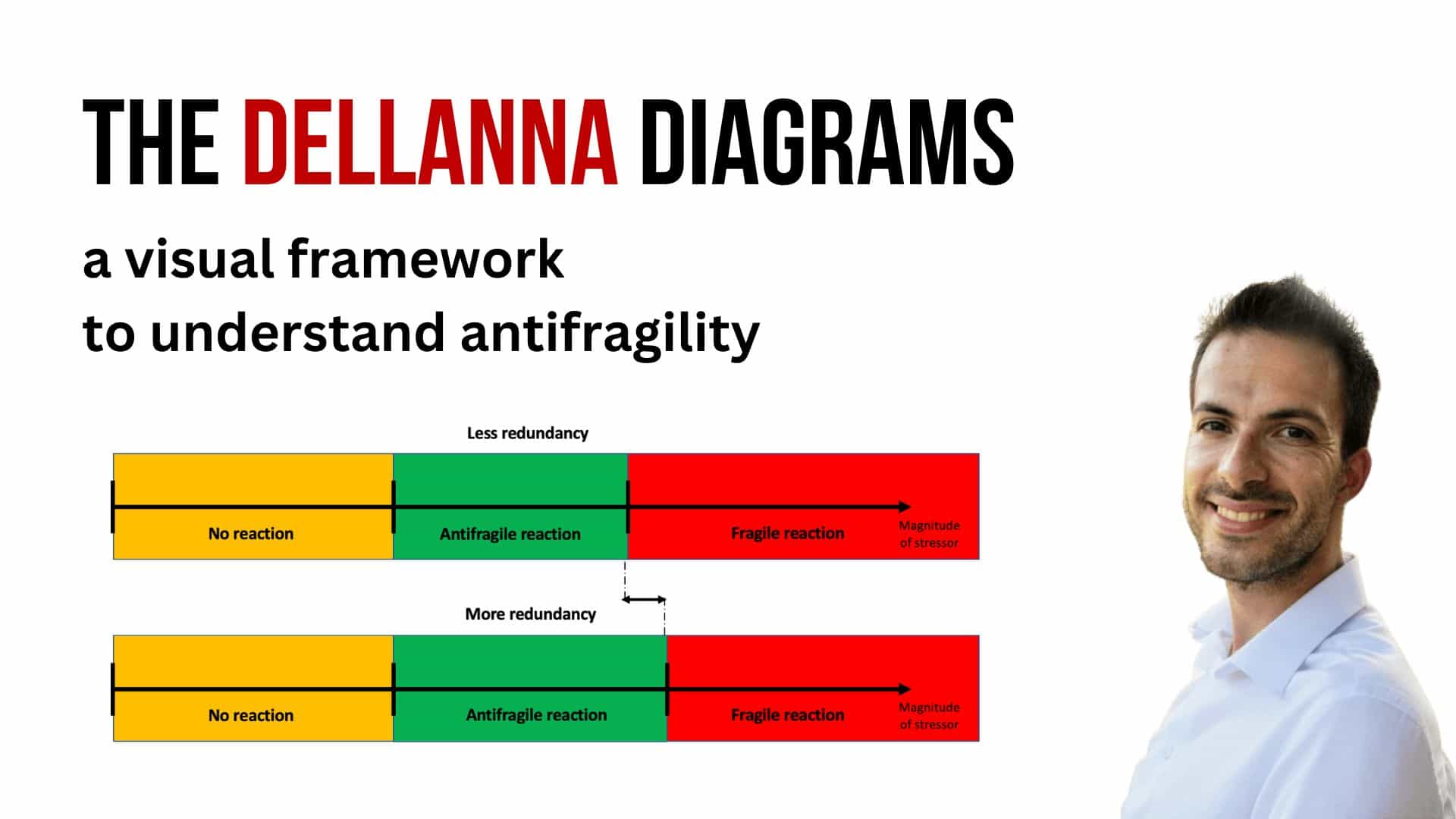Growth obtained through short-term tactics eventually plateaus. It’s a dead end.
One of the most common causes of underperformance at work is motivational losses.
Most of us have probably gone through one. We got assigned a task, we worked hard at it, and we completed it successfully, but our boss ignored our excellent work, or told us we did it wrong or not enough.
The result is a motivational loss, which is hard to recover. Almost like trauma, it will prevent effective action.
Every manager should realize the following. Every assignment you hand out to a subordinate of yours is an implicit contract. It stipulates that if the person to whom you are giving a task fulfills it, he or she gets an acknowledgment. If that implicit contract is broken, the result is a motivational loss.
The fact that there is no such explicit contract doesn’t matter. Nor does the fact that you did not intend to sign one. Your subordinate perceives the task as a contract anyway. You are free to ignore this, but if you do, the consequence will be a demotivated team. Hardly a tradeoff you want to make.
I do not mean that you should reward your subordinates with a bonus for every task; a sincere thank you is enough. Nor I suggest that you must acknowledge every single task. It is okay to set a weekly progress review, for example. However, you must be explicit on the expected reward schedule. When is he expected to be evaluated for his work? By whom? What can he expect in case of a good job? And in case of a bad one?
The core idea is that whenever you assign a task to a subordinate of yours, he will create an expectation of a reward in his mind. And unless you proactively clarify how and when it will happen, he will fill in these details for you. If he does a job he believes to be good and the reward does not come as per his expectation, he will lose some motivation. Perhaps not enough for it to be visible immediately, but he will lose some, and that can compound fast.
A second source of motivational loss is an employee being told he did a lousy job when he thought he did a good one. This situation happens whenever the goal wasn’t clear, and it occurred that the manager and the employee could have a different idea of what constituted a good job. Because of the lack of clarity, both are correct in their evaluation of the result of the task.
Misunderstandings that lead to motivational losses are always the fault of the manager. Yes, sometimes, the employee could have put a bit more thought into understanding what the task was about. However, when this is the case, the employee recognizes his fault, and no motivational loss ensues. Whenever there is a misunderstanding leading to a motivational loss, it is safe to assume it is the manager’s fault. Perhaps it is not true 100% of the times, but a manager that takes on him the responsibility to be clear, is a better manager than one who doesn’t.
The job of a manager is first and foremost to create the conditions so that motivational losses cannot occur. This is the deal-breaker of a performing team.
To sum it up, the most common drivers of low performance are motivational losses. Managers can avoid them during task assignment by being clear about what a good job looks like, and when and how good results will be acknowledged. If the manager fails to do so, and therefore opens the door to the employee to expect an acknowledgment that won’t come or cannot come, the result is inevitably a demotivated team that chronically underperforms.
This topic is discussed in greater detail in my book “Best Practices for Operational Excellence”.










